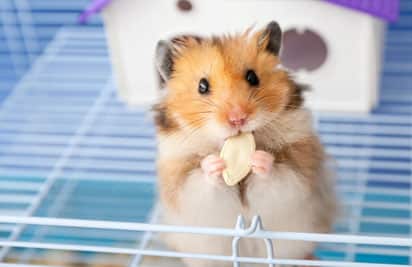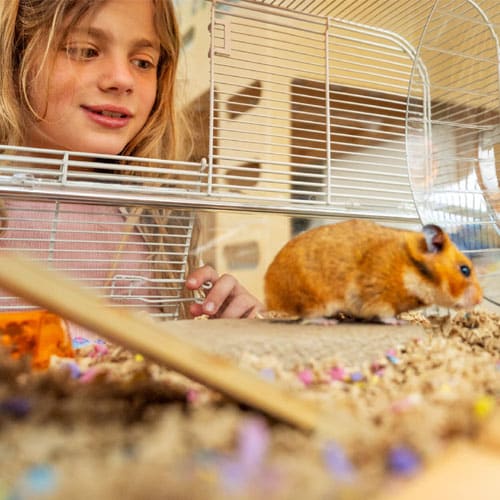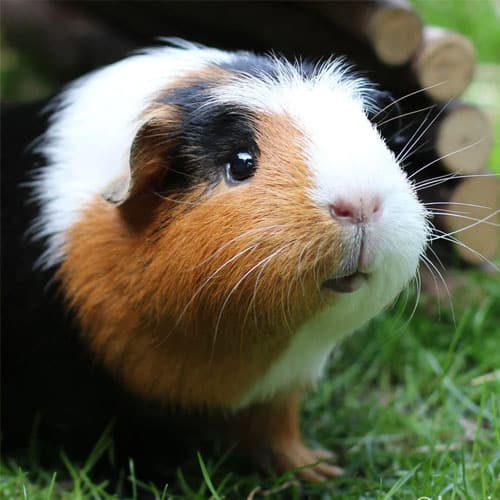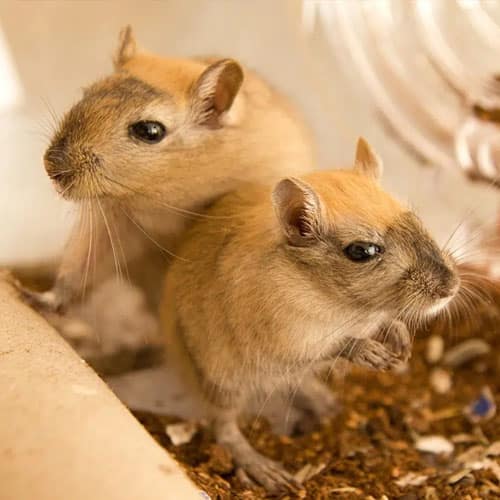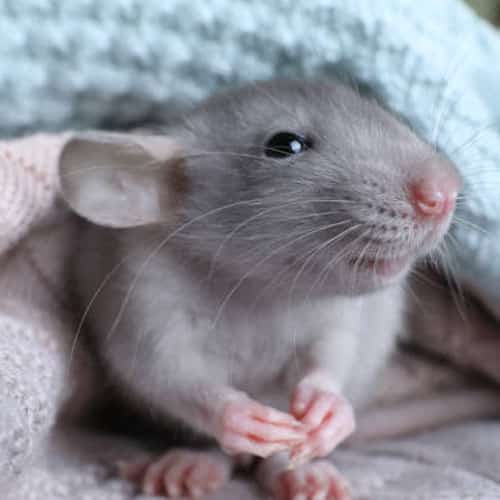Rodent Care: A Comprehensive Guide for Pet Owners – Petland Malta
What you need to know?
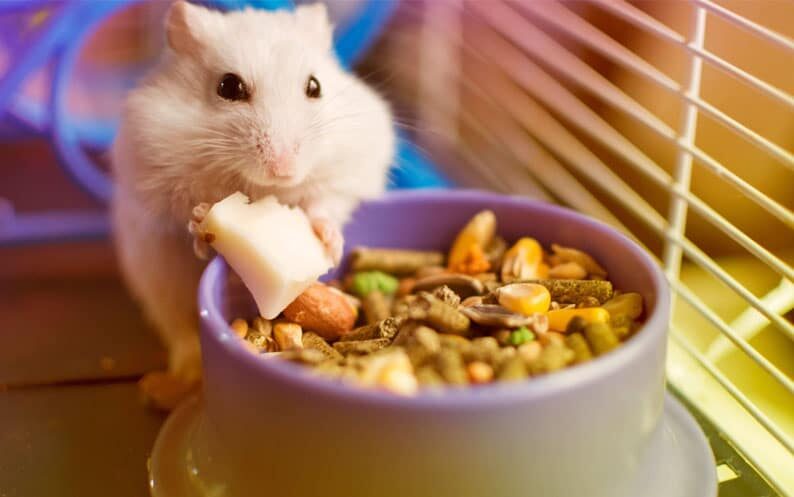
Rodent Care: A Comprehensive Guide for Pet Owners
Rodents are popular pets around the world due to their small size, intelligence, and engaging personalities. Species like rats, mice, hamsters, gerbils, and guinea pigs each have unique needs, but all require attentive care, proper nutrition, and a stimulating environment to thrive. Whether you're a new pet owner or considering adopting a rodent, understanding their basic care requirements is essential for ensuring a healthy and happy life for your furry companion.
1. Choosing the Right Rodent
Before bringing a rodent home, it's important to choose a species that suits your lifestyle. Hamsters are solitary and better for people who prefer one low-maintenance pet, while rats are highly social and do best in pairs or small groups. Guinea pigs require more space and attention but are known for their affectionate nature and vocalizations. Gerbils and mice fall somewhere in between, often enjoying the company of their own kind but still being relatively easy to care for.
2. Housing and Environment
Proper housing is critical for rodent health. The enclosure should be spacious, well-ventilated, and escape-proof. Wire cages are commonly used, especially for rats and mice, but must have solid flooring to prevent injury. Hamsters and gerbils may do well in glass tanks with secure mesh lids, while guinea pigs need a large flat habitat with plenty of floor space.
Bedding should be absorbent and safe—avoid cedar or pine shavings, which can cause respiratory problems. Aspen shavings, recycled paper bedding, or hay (for guinea pigs) are better options. Cages should be cleaned at least weekly, and soiled bedding should be removed daily.
Provide plenty of hiding places, chew toys, tunnels, and climbing structures. Rodents are intelligent and benefit greatly from environmental enrichment. Chewing is also essential to prevent their ever-growing teeth from becoming overgrown.
3. Nutrition
Each rodent species has different dietary needs. Commercial food blends formulated for your specific pet provide a good foundation, but they should be supplemented with fresh vegetables, occasional fruits, and in some cases, small amounts of protein.
Rats are omnivores and enjoy a varied diet including grains, vegetables, and bits of cooked egg or chicken.
Hamsters and mice benefit from seeds, grains, and vegetables, but fatty or sugary treats should be limited.
Guinea pigs require vitamin C in their diet, as they cannot synthesize it on their own. Offer daily fresh vegetables rich in vitamin C, such as bell peppers and leafy greens.
Gerbils need a diet rich in grains and seeds, along with fresh produce in moderation.
Always provide fresh, clean water—preferably in a water bottle with a sipper tube to keep it sanitary.
4. Socialization and Handling
Social interaction varies by species. Guinea pigs and rats enjoy regular handling and form strong bonds with their owners. Hamsters, especially some dwarf varieties, can be more skittish and may need gradual socialization. Always approach rodents gently and give them time to get used to your presence. Never wake them abruptly or grab them from above, as this mimics predator behavior and can frighten them.
Supervised out-of-cage playtime is highly beneficial for active rodents like rats and guinea pigs. Use a safe, enclosed area and offer toys and treats to keep them engaged.
5. Health and Veterinary Care
Rodents are generally hardy, but they can suffer from respiratory infections, dental issues, mites, and tumors. Monitor their behavior and appearance closely. Signs of illness include lethargy, weight loss, difficulty breathing, sneezing, and changes in eating habits. Finding an exotic or small animal veterinarian experienced with rodents is crucial for proper diagnosis and care.
Conclusion
Rodents make wonderful, intelligent pets when their needs are met with care and attention. From selecting the right habitat to offering a balanced diet and regular interaction, responsible rodent ownership ensures a fulfilling life for your pet. With love and proper care, these small companions can bring immense joy and companionship into your home.
Gallery
Contact Petland Malta
For more information and professional help and guidance contact Petland Malta now!
